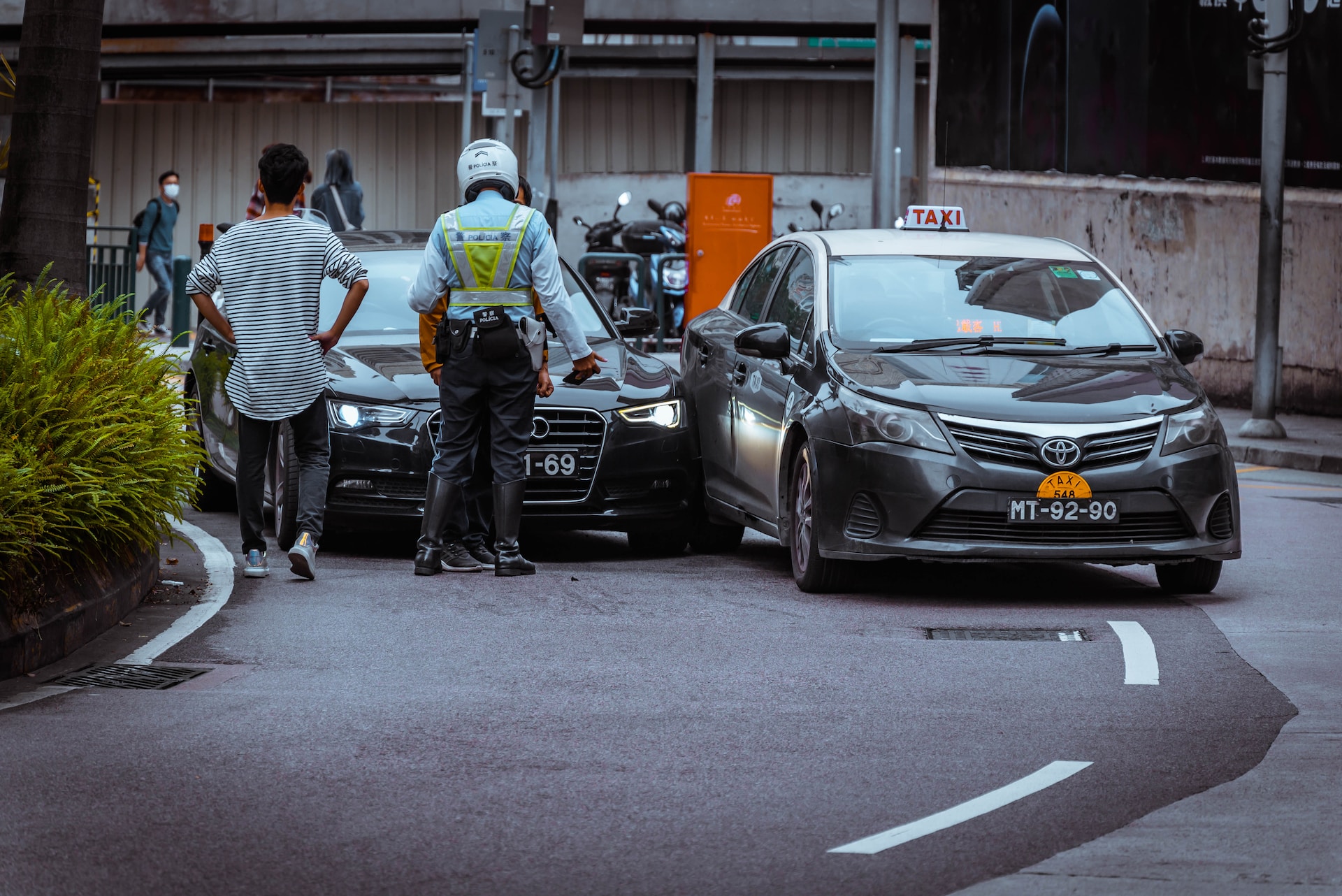Night travel poses unique challenges that require heightened awareness and precaution. As the sun sets and darkness envelops the roads, visibility decreases, and potential risks increase. Whether you’re embarking on a long journey or navigating through the city, implementing road safety measures is paramount. This guide provides seven essential road safety tips tailored specifically for night travelers, offering insights to ensure a secure and worry-free journey.
1. Illuminate Your Path
Ensure that all vehicle lights are in optimal condition before embarking on a nighttime journey. Regularly clean headlights, taillights, and indicators to maximize their brightness. Check for any burnt-out bulbs and replace them promptly. Additionally, use high beams judiciously, switching to low beams when approaching oncoming traffic to avoid blinding other drivers. Regularly cleaning your windshield inside and out can enhance visibility, allowing your lights to illuminate the road more effectively. Consider investing in high-quality bulbs for better clarity and range, especially during challenging weather conditions.

2. Maintain Your Vehicle
Regular vehicle maintenance is crucial, and it becomes even more significant when traveling at night. Check tire pressure, ensuring they are properly inflated for improved handling and fuel efficiency. Inspect the brakes to ensure they respond effectively in low-light conditions. Verify fluid levels, including oil, brake fluid, and windshield washer fluid. A well-maintained vehicle is not only more reliable but also less prone to unexpected issues in the dark. Don’t forget to check and, if needed, replace windshield wipers for clear visibility during rain or mist. Consider a comprehensive pre-night journey check, including examining the battery and ensuring all essential systems are in top shape.
3. Know Your Rights with Accident Attorneys
In the unfortunate event of an accident, it’s crucial to be aware of your rights and options. Consider having the contact information of reputable car accident lawyers readily available. A knowledgeable attorney can guide you through the legal process, help you understand your rights, and assist in seeking compensation for damages. In case of an accident, consult with an attorney to ensure your rights are protected and to navigate the complexities of insurance claims and legal proceedings. Remember, your well-being is paramount, and having professional legal support can make a significant difference in the aftermath of an accident. On the other side of this, car accidents can sometimes result in death when the impact is severe. Families of those affected may want to liaise with Houston’s trusted and respected lawyers who handle wrongful death suits, or they can speak to a lawyer within their area. This will be a delicate time, and getting help is essential. Whether the accident is mild or extreme, legal support can always be a positive.

4. Stay Alert and Focused
Driving at night requires heightened concentration. Avoid distractions such as using mobile phones or engaging in activities that take your focus off the road. Consider having a co-driver to share the responsibility of staying alert. Break the monotony by listening to upbeat music or engaging in light conversations. Stay alert to your surroundings, including the behavior of other drivers and potential road hazards. Keep your eyes moving and regularly check your mirrors to be aware of the traffic around you. If you feel fatigued, consider stopping at a safe location for a short break to rejuvenate and refocus.
5. Take Breaks When Needed
Long night journeys can be tiring, leading to reduced concentration and slower reaction times. Schedule regular breaks to rest and refresh, especially during extended drives. A short break can make a significant difference in staying alert and ensuring a safer journey. Use breaks to stretch your legs, grab a snack, and take a few minutes to relax your mind. If you feel drowsy, consider taking a power nap or changing drivers to maintain peak alertness. Plan your breaks strategically, incorporating scenic stops or interesting locations to make the journey more enjoyable.

6. Be Visible
Enhance your visibility to other drivers by keeping your vehicle’s lights on, even during dusk and dawn when it’s not fully dark. Regularly check that all exterior lights, including brake lights and turn signals, are functioning properly. Wear reflective clothing if you need to exit the vehicle on the roadside, making you more visible to passing drivers. Increased visibility reduces the chances of collisions and improves overall road safety. Consider adding reflective tape or decals to your vehicle for added visibility. Invest in reflective accessories for pedestrians or cyclists sharing the road, contributing to a safer overall environment.
7. Watch for Wildlife
Wildlife is often more active during the night, increasing the risk of collisions. Be vigilant for signs indicating wildlife-prone areas, and reduce your speed accordingly. Scan the sides of the road for reflective eyes or movement, as this may indicate the presence of animals. If an animal is spotted on the road, slow down and give it time to move away safely. Use your high beams when appropriate to improve visibility and increase the likelihood of spotting wildlife in advance. Remember, patience and caution are key when encountering wildlife on the road. Report any significant wildlife crossings to local authorities to alert fellow drivers and promote overall road safety.

In the quiet of the night, with diminished visibility and increased hazards, prioritizing road safety becomes a non-negotiable aspect of travel. By adhering to the seven road safety tips for night travelers, you not only safeguard your well-being but contribute to the overall safety of the roads. From proper vehicle maintenance to adopting defensive driving techniques, these measures empower you to navigate the nocturnal roads with confidence.
YOU MIGHT ALSO ENJOY:
Going For Your First Road Trip? Here’s How to Plan Your Perfect Adventure
Safe Driving Habits: Promoting Responsible Driving on Road Trips
Living on the Edge: 10 Action-Packed Outdoor Activities for Adrenaline Junkies









